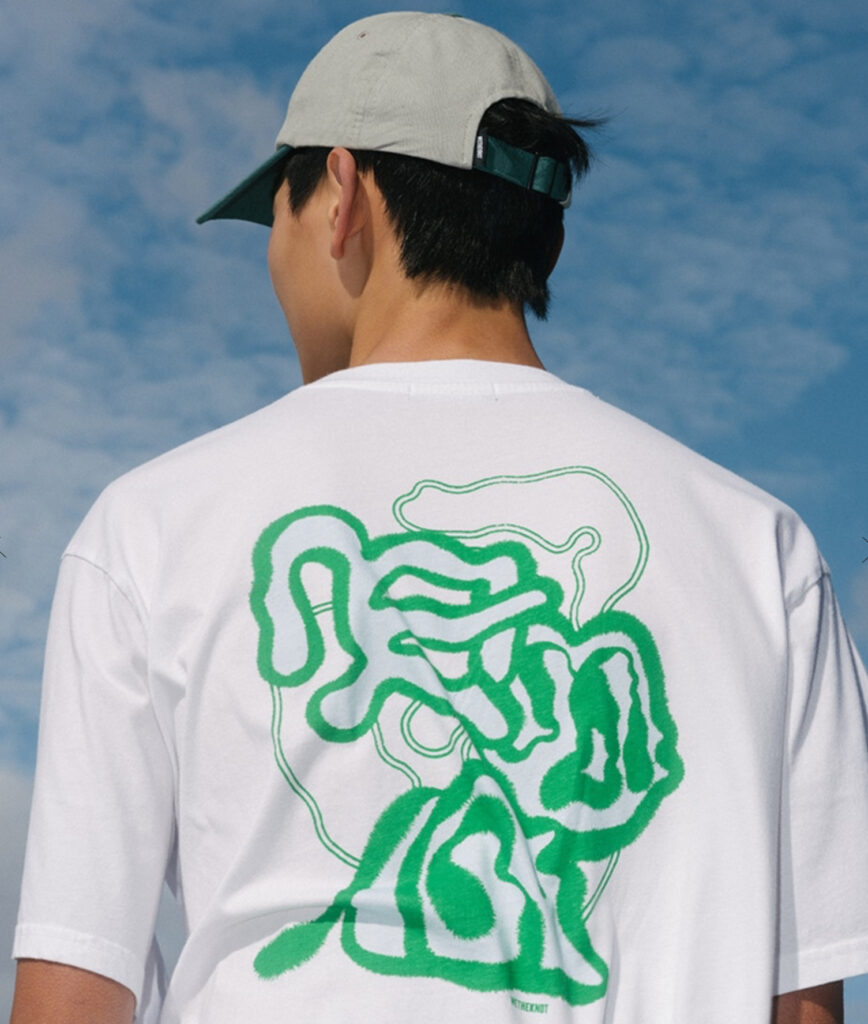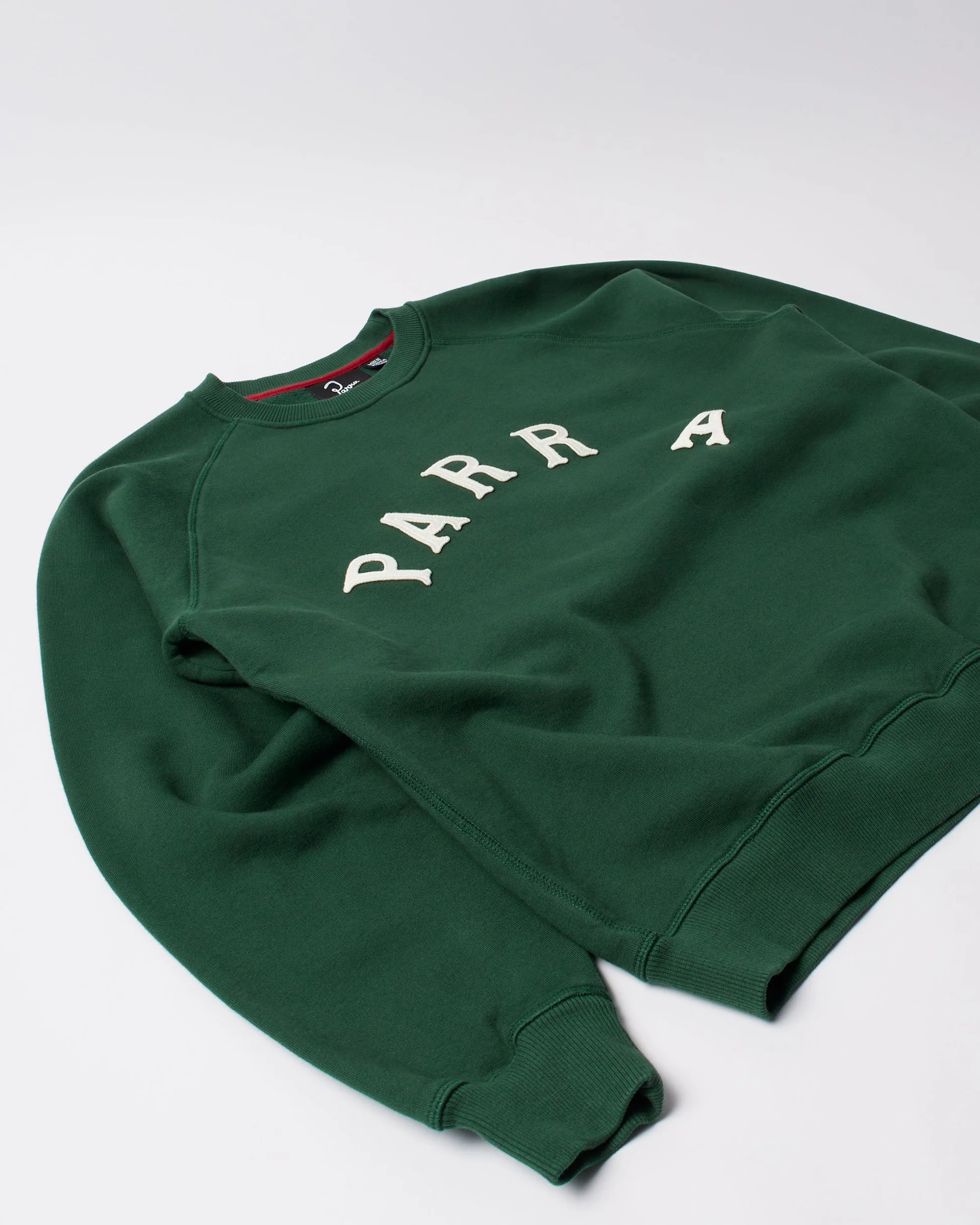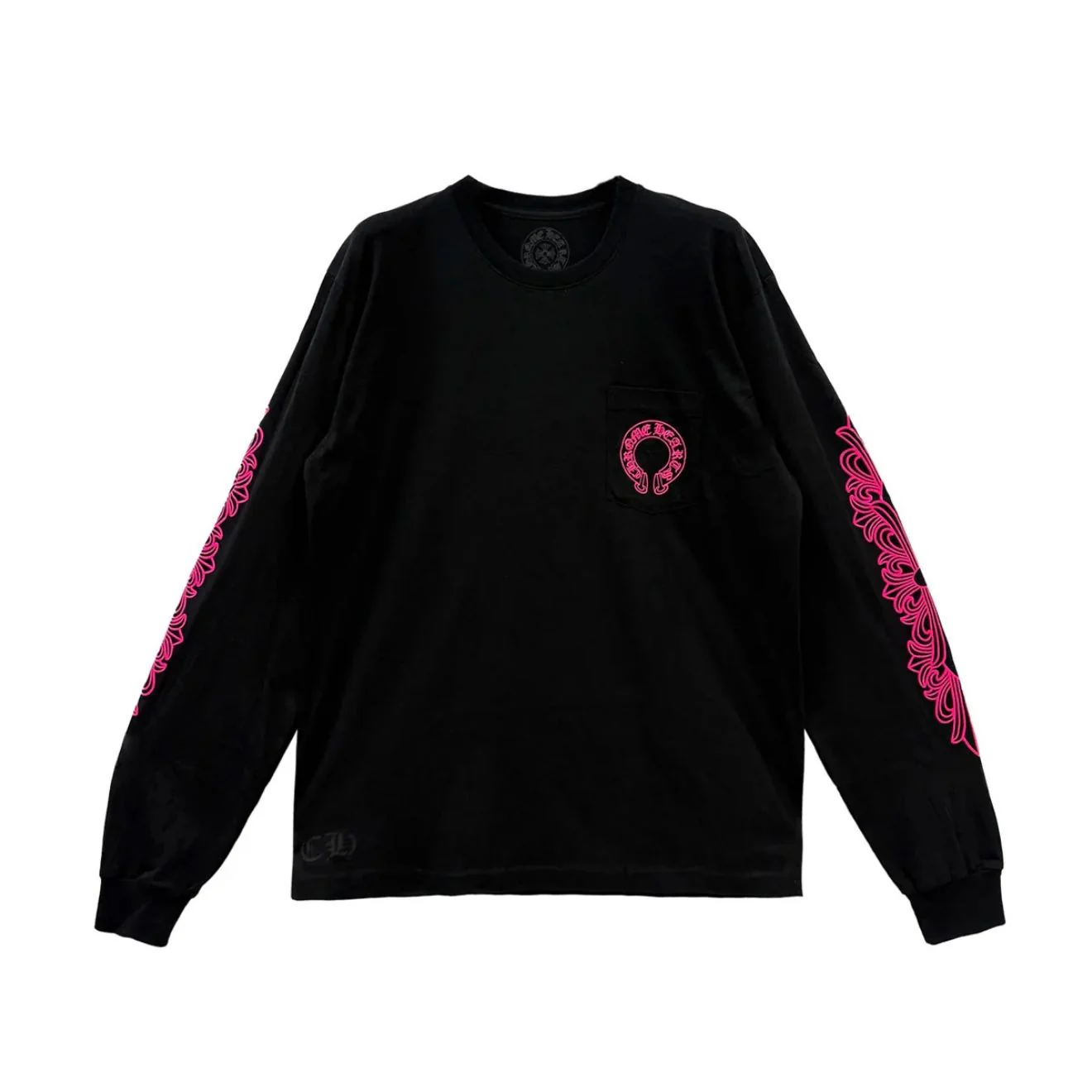Cities are never static. They’re in constant flux—morphing, growing, compressing, recalibrating themselves in response to human rhythm. Lisbon is no exception. Once a sleepy capital known for cobblestone alleys and melancholic fado, the city has transformed into a restless hub of digital nomads, creative class expats, and architectural renewal. But with that transformation comes discomfort—a sense that something tender is being left behind.
That tension sits at the heart of wetheknot’s latest capsule collection, “Goodbye Lisbon.” A bittersweet farewell to the city as it once was and an open-ended love letter to what it might become, the collection isn’t defined by nostalgia but by transience. It reflects an ethos of adaptability, intentionality, and subtle evolution—not only for the garments, but for the people who wear them.
The Design Philosophy: Transience, Texture, and Thoughtfulness
If wetheknot has built its name on quiet design with loud intention, Goodbye Lisbon feels like its most articulate statement yet. There’s no overt branding here. No trend-chasing silhouettes or Instagram-bait palettes. Instead, the collection embraces the concept of impermanence—not just in theme but in structure. Pieces are built for movement, literal and symbolic: to carry a person through the day, the season, and the psychological terrain of a shifting city.
Fabric & Fit
The textiles are featherlight and sustainable, selected for breathability and range. Organic cottons and recycled blends dominate the lineup, offering drape and resilience in equal measure. The cuts are unmistakably relaxed, leaning into the notion that comfort is a tool for resilience. Nothing feels tight or overstructured—every shirt, jacket, and pant gives the wearer space, both physically and metaphorically.
Standouts include the Recycled Cargo Shorts, which combine soft-touch panels with utilitarian structure. There’s a tactile interplay between fabrics that feels almost architectural, a nod to Lisbon’s layered facades. Meanwhile, the Wide-Leg Panel Jeans offer an asymmetric back design that references construction scaffolding and tiled city blocks. It’s a form of wearable cartography—mapping the city in thread and seam.
Detail as Statement
The design language of the collection is meditative but detailed. Small visual interruptions—contrasting stitch lines, discreet embroidery, tonal overlays—create moments of surprise without veering into disruption. Wetheknot has always excelled at visual whispering, and Goodbye Lisbon proves that even the subtlest choices can echo loudly.
Nowhere is that clearer than in the Relaxed Graphic Tees. Available in soft clean blue and washed white, the shirts are screen-printed with abstract renderings of Lisbon’s skyline—though none are direct reproductions. They hint, gesture, and suggest, rather than declare. The graphics are metaphorical terrain maps, offering viewers a place to project their own Lisbon—real or imagined.
Color Palette: Earth, Water, Absence
The color story of Goodbye Lisbon avoids the temptation of bright, summery tones. Instead, the palette is hushed, grounded in earth and water. Think sandstone beige, river slate, ash blue, and olive dusk. These are colors that evoke Lisbon’s more shadowed corners: tiled staircases at dawn, the underbellies of trams, rain-dappled stone.
Yet the mood is not gloomy. These base tones are punctuated with duotone pairings and screen-printed accents that bring a sense of play. For example, a reversible windbreaker in slate and off-white captures that duality: the light and the shadow, the known and the unknowable. It’s in these contradictions that the emotional complexity of Goodbye Lisbon truly unfolds.
Accessories as Anchors: Where wetheknot Truly Shines
If clothing sets the tone, accessories deliver the message—and wetheknot’s accessories remain among the most disciplined in the contemporary sustainable fashion space.
Recycled Saddle Bags
The Recycled Saddle Bag, reintroduced in this capsule with slight refinements, is perhaps the collection’s most successful blend of form and function. With its rounded flap, minimalist hardware, and soft construction, it’s a bag made for the modern commuter—easy to wear across the body or slung over the shoulder. The internal compartments have been optimized for tech and transit: a spot for your tablet, your wallet, your keys, your uncertainty.
Canvas Caps
The Canvas Cap returns, too—this time in tonal hues that match the apparel. Embroidered with the brand’s discreet “W” mark, it’s the type of accessory that builds trust through consistency. It doesn’t try to reinvent the form—it simply perfects it. The caps are weather-adaptable, crush-proof, and lightweight—essentials for a population constantly between places, states, and identities.
Together, these accessories ground the collection. Where the garments may drift in form and philosophy, the bags and caps are the ballast—reminding us that even in flux, we need tools to carry with us.
A Cultural Context: Lisbon on the Edge
To understand Goodbye Lisbon, one must understand Lisbon itself: a city in limbo. What was once Europe’s affordable artistic haven has now become a nexus of Airbnb-induced displacement, tech-fueled redevelopment, and socio-economic fragmentation. wetheknot doesn’t shout this reality—but it doesn’t ignore it either.
This collection acknowledges a kind of civic grief. The idea of “goodbye” is not merely poetic—it is political. It mourns the vanishing corners of Lisbon where working-class families thrived, where old bars refused renovation, where nothing had to be content. But it also leaves space for rebirth. These garments are not elegies. They are seeds.
In designing clothes that adapt rather than dominate, wetheknot suggests a new way to inhabit the city: through softness, fluidity, and refusal. Refusal of speed, refusal of trend, refusal of uniformity. What remains is something quieter, and perhaps more radical.
Sustainability: Beyond Marketing
Many brands talk sustainability. wetheknot embeds it. The fabrics are not only eco-certified but traceable. Manufacturing takes place in small, ethically-run Portuguese workshops, with transparent sourcing. Packaging is minimal, recyclable, and designed for reuse. Even the production run is limited—avoiding overstock and the destructive discount cycle.
But more than policy, sustainability in this collection is emotional. These are clothes made to stay with you. They aren’t disposable. They’re built for long walks through unfamiliar streets, for packing and unpacking, for cities you leave and the ones you find. In that sense, sustainability is not just about earth-friendly practices—it’s about human-scale longevity.
The Editorial Vision: Rooted in Departure
The visual campaign for Goodbye Lisbon avoids the tropes of sun-soaked streetwear or polished studio shoots. Instead, it captures figures in motion: climbing staircases, ducking through alleyways, lingering at metro stops. Faces are often blurred, cropped, or obscured—not out of anonymity, but to reflect collective experience.
The city here is not just backdrop—it’s co-star. Peeling walls, rusted rails, overlooked rooftops. The Lisbon that remains when tourists leave. The Lisbon locals are trying to hold on to, or perhaps let go of, gently.
Impression
Goodbye Lisbon is not a resignation. It’s not a swan song or a farewell forever. It is a moment of pause. A gathering of breath. A recognition that to love something deeply sometimes means to release it—and that the act of dressing can be an act of remembrance, resistance, and reimagination.
In a world of collections that chase attention, wetheknot continues to build its language through attunement. And in doing so, it offers an alternative path: one where garments don’t simply wrap the body, but accompany it through change.
No comments yet.









